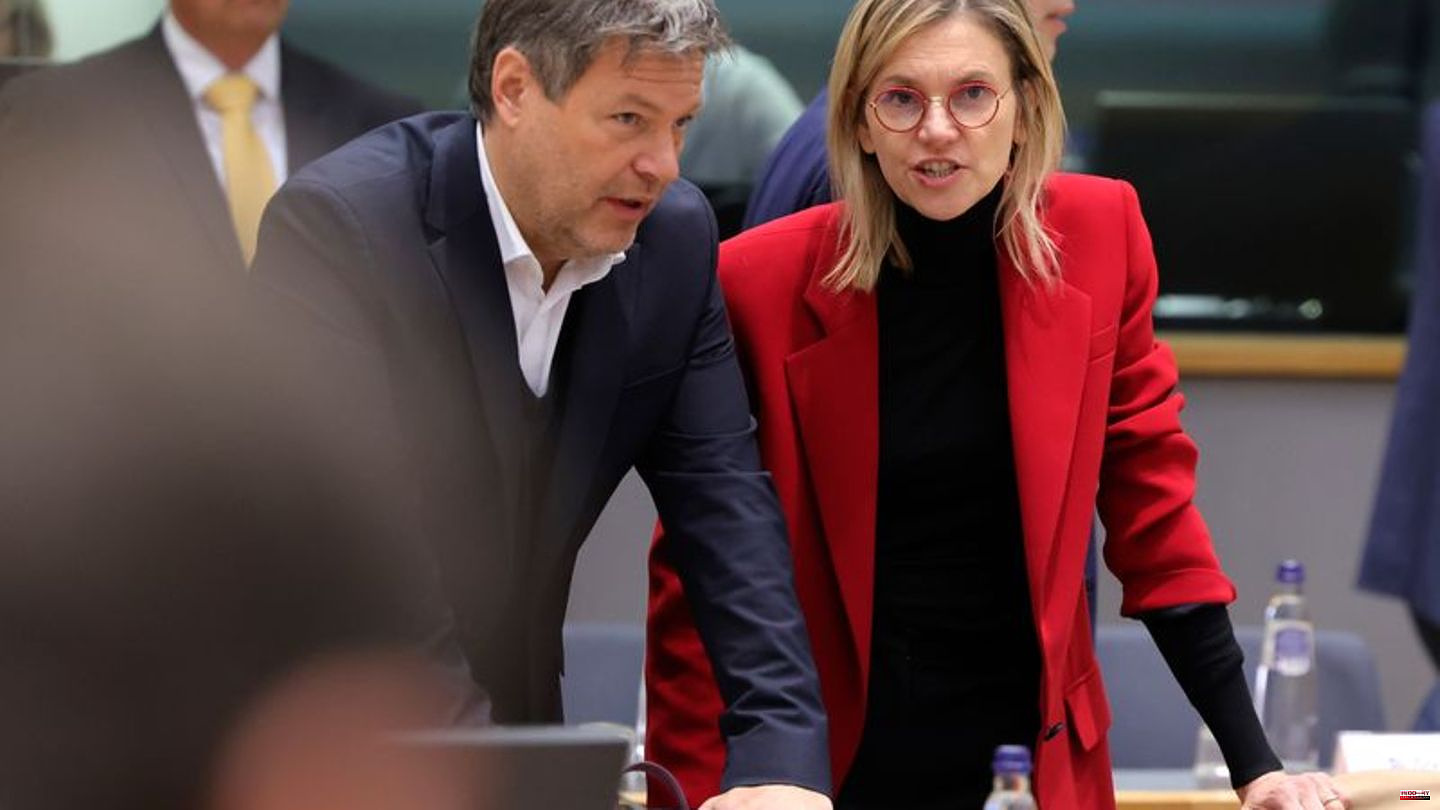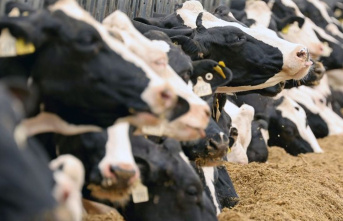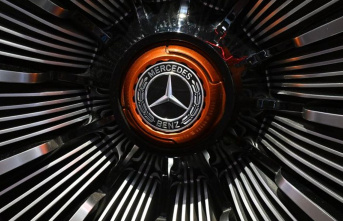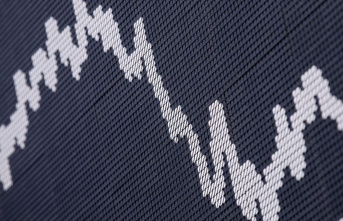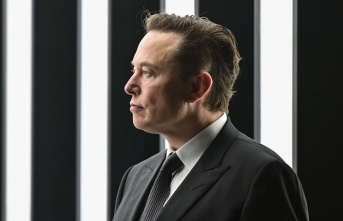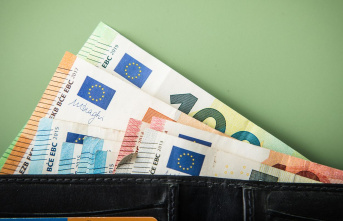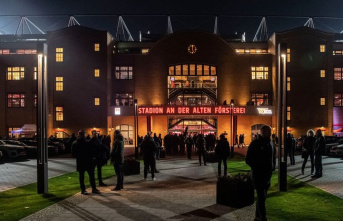After months of dispute, the European gas price cap is due shortly before Christmas. On Monday evening, the EU ministers responsible for energy agreed on a mechanism that would link the gas price to international prices for liquefied natural gas (LNG) above a certain level.
"I am very glad that we accomplished this mission that seemed impossible," said Czech Industry Minister Jozef Sikela, who led the negotiations, after the meeting. It is not a fixed but a dynamic cover. This ensures that the price does not overshoot the actual LNG price.
German approval despite skepticism
The federal government had long resisted such a mechanism and feared problems with the security of supply. Germany was now able to agree thanks to various security measures. "Just as the other countries showed solidarity with Germany in the past, we have shown solidarity with the instrument today," said Federal Minister of Economics Robert Habeck (Greens). The resolution was passed with a large majority. However, Habeck also emphasized that he continues to view the matter with skepticism.
The Netherlands, which was opposed to a price cap along with Germany, was less convinced and abstained. "I remain concerned about disruptions in the European energy market, about the financial implications and most importantly about Europe's security of supply," said Dutch Energy Minister Rob Jetten. "I hope our worries will prove unfounded."
Dynamic Lid
The project basically affects major customers who trade on the TTF - not end consumers, such as the gas price brake of the federal government. Specifically, the price cap is to be triggered if the price at the TTF wholesale center exceeds 180 euros per megawatt hour for three days in a row and is also 35 euros higher than the international LNG price.
The regulated price should then not be set at 180 euros, but should always be 35 euros above the international LNG price. Thus, when the mechanism is triggered, the price can also be over 180 euros per megawatt hour. If the mechanism is triggered, it should apply for 20 days. It is said to affect contracts that trade gas one month, three months or one year in advance.
Most recently, the gas price on the TTF on Monday was around 110 euros per megawatt hour. In August, the price on the TTF reached a high of over 340 euros per megawatt hour. Consumer prices are indirectly influenced by wholesale prices.
Security measures against bottlenecks
Germany was able to implement various security measures to prevent supply bottlenecks. "We have now defined a large number of instruments that significantly reduce the risk of a thoughtless effect," said Habeck. The mechanism is to be overridden if gas consumption increases, if gas trade between Member States decreases, if there are problems with the supply or if risks arise on the financial markets.
In addition, the mechanism should only come into force on February 15 and apply for one year, as the announcement shows. Further tests will be carried out in the meantime. "If it turns out that market intervention is not opportune, then I hope that we will find the political power to question it again," said Habeck.
Turbo for renewable energies
With the agreement on the gas price cap, other projects that advocates of the gas price cap had previously blocked could also be approved. The ministers agreed to coordinate gas purchases and the filling of storage facilities in future. The EU states hope that the combined market power will result in lower prices on the world market.
They also passed an emergency ordinance for expedited approvals for certain solar systems, for example, and set their negotiating mandate for a law that should also allow long-term renewable energy projects to be approved more quickly. "This will be a major acceleration factor for the expansion of wind energy, for power grids, for example," said Habeck. According to participants at the meeting, concessions on the faster expansion of renewable energies were one of the decisive factors in Germany's approval of the gas price cap.

